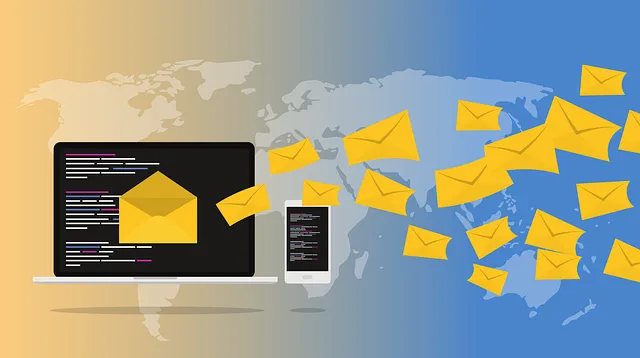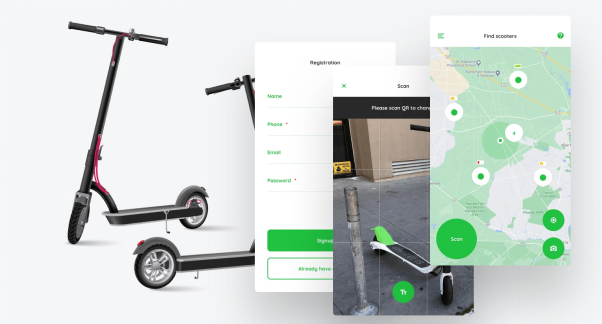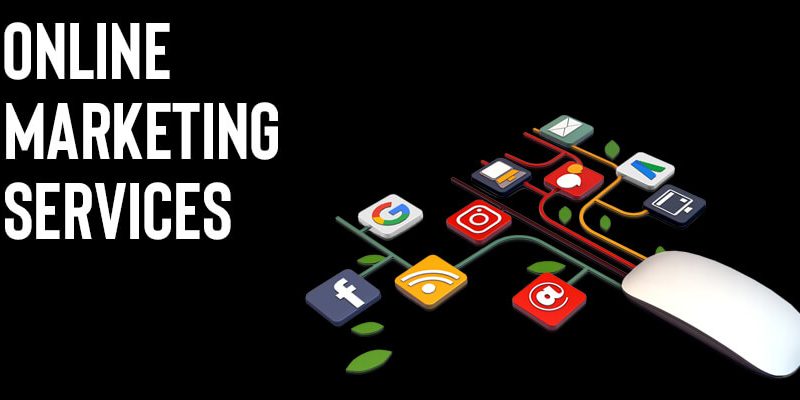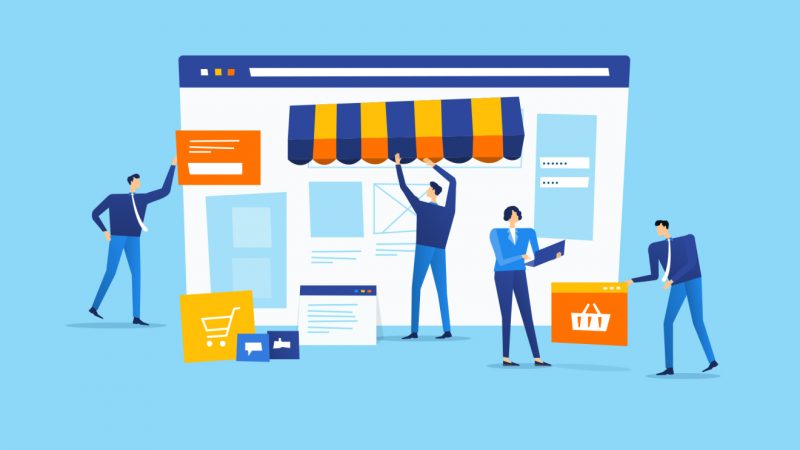Mastering Email Marketing: Unleashing the Power of Email Marketing Tools

Image Credit: pixabay.com
In today’s digital age, email marketing has proven to be an indispensable tool for businesses seeking to engage with their audience, build brand loyalty, and drive conversions. To navigate the vast landscape of email marketing effectively, professionals rely on a range of powerful email marketing tools. In this article, we’ll explore some of the top tools available, helping you supercharge your email campaigns and connect with your customers like never before.
Robust Email Automation:
Automation lies at the heart of successful email marketing. Tools like Mailchimp and ActiveCampaign empower marketers to create automated workflows, triggering personalized emails based on customer actions, such as sign-ups, purchases, or abandoned carts. With intuitive drag-and-drop interfaces, these tools allow you to effortlessly design complex customer journeys, nurturing leads and driving conversions with minimal manual effort.
Advanced Segmentation:
One-size-fits-all emails are a thing of the past. Modern email marketing tools offer advanced segmentation capabilities that allow you to tailor messages to specific customer segments. Platforms like Sendinblue and ConvertKit enable you to segment your audience based on demographics, purchase history, engagement levels, and more. By sending targeted, relevant content to different segments, you can maximize engagement and deliver a personalized experience that resonates with your subscribers.
Dynamic Content Personalization:
Personalization is key to capturing your audience’s attention and fostering a sense of connection. Dynamic content personalization tools, such as Campaign Monitor and Customer.io, go beyond basic personalization by allowing you to insert dynamic elements into your emails. From personalized subject lines and greetings to tailored product recommendations, these tools enable you to create hyper-relevant, individualized email experiences that captivate your recipients and drive higher engagement rates.
A/B Testing for Optimization:
Effective email marketing is a result of continuous testing and optimization. A/B testing tools like MailerLite and GetResponse help you fine-tune your email campaigns by comparing different variables, such as subject lines, call-to-action buttons, or email designs. By systematically testing and analyzing the results, you can uncover valuable insights and make data-driven decisions to improve your open rates, click-through rates, and overall campaign performance.
Comprehensive Analytics and Reporting:
Measuring the success of your email campaigns is vital for ongoing improvement. Leading email marketing tools, such as Campaign Monitor and Mailjet, offer comprehensive analytics and reporting features. These tools provide valuable metrics, including open rates, click-through rates, conversion rates, and subscriber growth. Armed with this data, you can gain actionable insights into your audience’s behavior, identify trends, and refine your strategies for maximum impact.
Email Deliverability Optimization:
Getting your emails into your subscribers’ inboxes is crucial for a successful email marketing campaign. Tools like SendGrid and Mailgun specialize in email deliverability optimization, ensuring that your messages bypass spam filters and reach the intended recipients. These tools offer features like domain authentication, IP reputation monitoring, and bounce management, allowing you to maintain a healthy sender reputation and maximize the chances of your emails being delivered.
Responsive Email Design:
With the increasing number of people accessing emails on mobile devices, responsive email design has become a necessity. Tools like Litmus and Email on Acid enable you to preview and test your emails across multiple devices and email clients, ensuring they render correctly and provide a seamless user experience. By optimizing your email design for various screen sizes, you can engage your audience effectively, regardless of the device they use.
Integration with Customer Relationship Management (CRM) Systems:
Seamless integration between your email marketing tool and your CRM system can greatly enhance your marketing efforts. Tools such as HubSpot and Salesforce Marketing Cloud offer robust CRM integrations, allowing you to synchronize contact information, track customer interactions, and leverage data for more personalized and targeted email campaigns. By combining the power of email marketing with a CRM, you can create cohesive customer journeys and deliver a unified brand experience.
Social Media Integration:
Email marketing and social media can work hand in hand to amplify your marketing reach. Tools like Mailchimp and Constant Contact offer social media integration features that enable you to connect your email campaigns with your social media platforms. You can share email content on social channels, encourage social sharing by subscribers, and even use social media data to segment your email audience further. This integration allows you to maximize the exposure of your email campaigns and leverage the power of social media engagement.
GDPR Compliance and Data Protection:
As data privacy regulations become more stringent, it’s essential to choose email marketing tools that prioritize GDPR compliance and data protection. Tools such as Sendinblue and Mailjet offer robust security measures and features to help you comply with regulations, including data encryption, permission management, and data access controls. By using these tools, you can ensure the safety and privacy of your subscribers’ data, building trust and credibility with your audience.
Conclusion:
Email marketing tools provide a wide array of features and functionalities that empower businesses to execute successful email campaigns. By utilizing these tools effectively, you can automate processes, personalize content, optimize deliverability, and track performance, all while delivering a seamless user experience. As you explore the vast landscape of email marketing tools, consider your specific business needs, integration capabilities, and data protection requirements. With the right combination of tools at your disposal, you can unlock the full potential of email marketing and establish meaningful connections with your subscribers, ultimately driving business growth and success.
Also Read: Digital Transformation in Construction: Beneficial Changes in Building Through Digital Technologies






